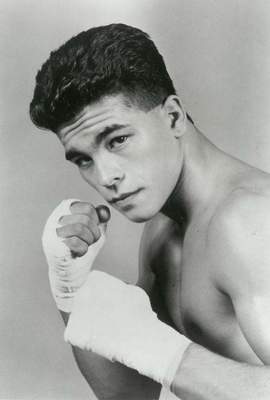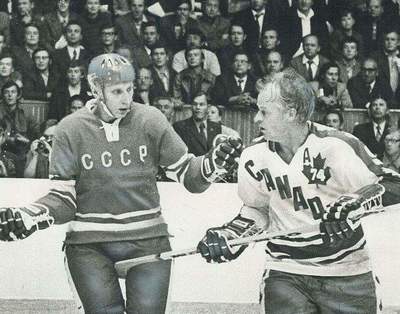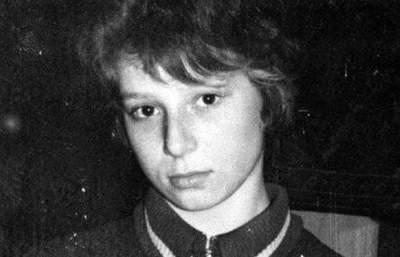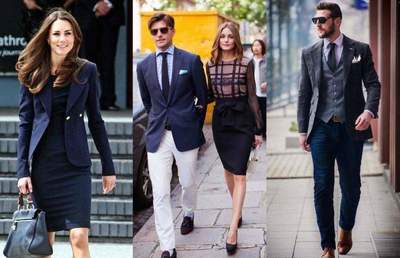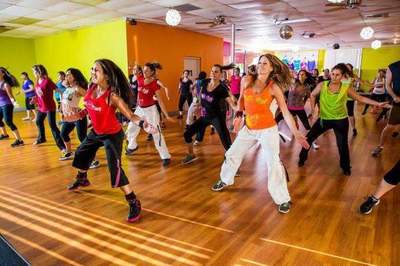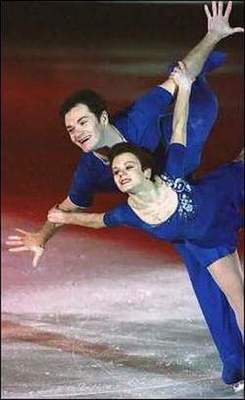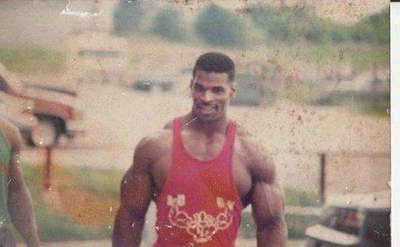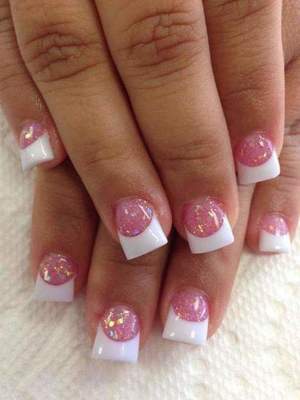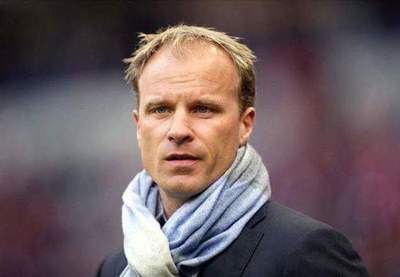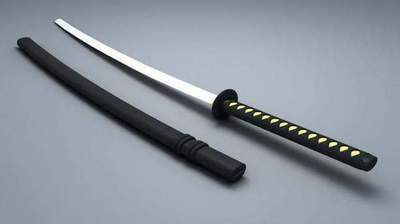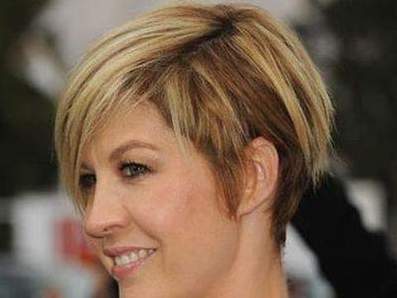Slavic peoples who embraced Islam
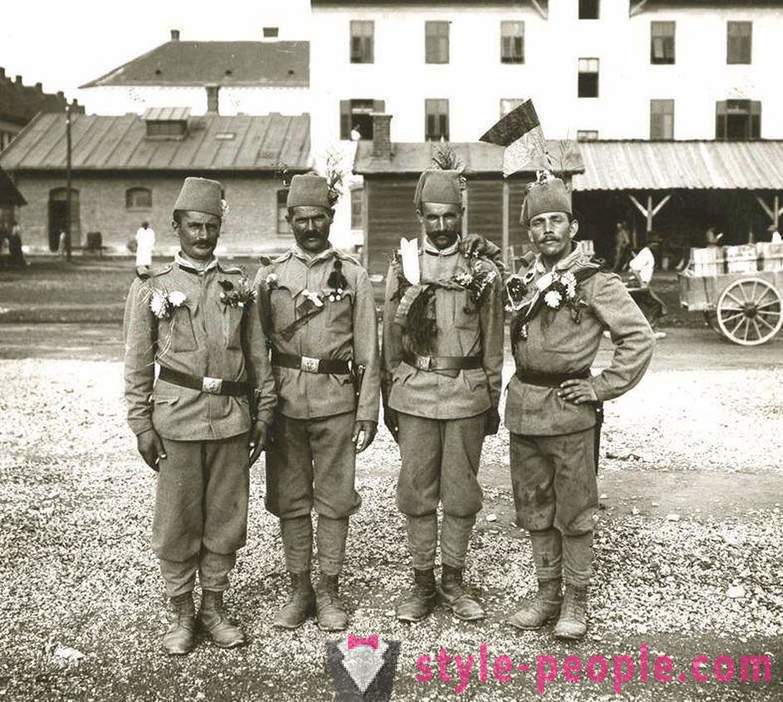
Not all Slavic nations - Christians. During the reign of the Ottoman Empire in the Balkans, some departed from the faith of their ancestors and adopted Islam. This dramatically changed their lives.
The Balkans are known as the "powder keg of Europe". Variegated ethnic composition, southern temperament, a mixture of Turkish and Slavic traditions - everything is turning into sharp conflict and bloody wars. Mighty Ottoman Empire back in the XIV-XV centuries the indigenous people put before a choice - to pay excessive taxes and suffer for the faith of their ancestors, or to convert to Islam. So Slavs became part of the Muslims. First of all, the Bogomils - Bulgarian heretics, and local notables, who did not want to pay a huge tribute to the invaders. As a result, we got a fancy ethnic and cultural fusion, around which ignite serious debate to this day.
Bosnians
The only Islamized Slavs, who managed to highlight its status as a separate nationality and designate its own language, which initially was considered a dialect of Serbo-Croatian (however, this thesis many perceive a hostile reception).
In Bosnia Turkish influence was particularly strong: it is historically linked to the fact that in these areas the Christian culture spread later than the rest of the South Slavic lands. Therefore, the process of Islamization and he looked organically and met violent opposition from the population. Bosniaks are now successfully combine secular and religious, Islamic and Slavic traditions: like all Muslims, they do not get taken in front of worshipers, have standing and on the move, to take things and food with your left hand. But otherwise they are much more democratic than his other fellow: women have equal rights with men to wear loose clothing and cover their faces. In addition, in Bosnia is not forbidden alcohol and smoking.
One of the most famous Bosniak is considered to be a cult film director Emir Kusturica: however, in 2005, he, by his own admission, he decided to return to the faith of their ancestors and was baptized in the Orthodox Church.
Pomaks
Bulgarians who converted to Islam (in other, less popular version - the descendants of the Turks). They are different from all other Slavic Muslims what they say in Bulgarian language not only with a splash of Turkish words, but with an abundance of staroslavyanizmy. Its Islamization and separation from the Orthodox countrymen Pomaks embraced enthusiastically and not for a long time retained some Christian traditions, for example, went to the Manifestation of God for holy water and baptized with the bread dough.
The local women and did not take the veil: instead of it they wear headscarves.
Now customs Pomaks are a motley alloy paganism and Islam: in culture censured the use of alcohol and sexual relations before marriage, circumcision of boys is everywhere, and the wedding is played only between the villagers. At the same ceremony itself involves a lot of unexpected things: firstly, all the festivities are held only in the winter, and secondly, the bride's face densely covered with white paint in order to protect it from the envious eyes, and then painted with bright colors - mostly roses that at the same time show how the love of his native country (Bulgaria rose symbol), and pays tribute to eastern traditions, where this plant is also well respected.
Torbeshi
Torbeshi - Islamized in XV-XVIII Macedonians, inhabitants of the western part of the country, preserved in its purest form their own language (only occasionally they speak a mixture of Macedonian and Serbian). No alternative versions of their origin does not exist; Torbeshi - hundred percent Slavs.
The complexity of their existence lies in the heterogeneity of most of Macedonia: Turkish influence, an inextricable link with Bulgaria, a huge presence of the Albanian community.
Part Torbeshi was assimilated by them, while the other, and still insists on the uniqueness of their national identity.
By the way, their rituals are very similar to pomatskimi: for example, the wedding bride's face just covered with white paint, however, do make-up and costumes and motley less flashy than the Bulgarians Muslims: they are dominated by gold, silver and turquoise tones.
Gorani - Muslim residents of the southern part of Kosovo and Metohija, speaking in Serbian or dialect of the Bulgarian language. In peacetime, they were famous for their pastry shops, delicious pastries and cozy little coffee shops, but NATO's military operation had tragic consequences not only for Serbia, but also local Muslim Slavs, many of whom fled their homes, including due to the strained relations with the Albanians. Most Gorani now lives in Serbia.
The Montenegrins-poturechentsy
Another Slavic-Muslim community. It is curious that Montenegro was the only country in the Balkans, only partially obey the Ottoman Empire. Despite the fact that the Islamization of the region was carried out, no less intensely than in others, the local population repeatedly gave a resolute rebuff to the invaders. So, in 1712 at the Battle of Tsarev-Laze 8 (according to other sources -12) thousand Montenegrins led by Metropolitan Daniel managed to break the 60 thousandth Turkish army, finished with the minimum losses. Now local Slavic Muslims are not so numerous and do not have any specific custom bright, in contrast to the same Torbeshi and Pomaks.
Valeria Morin































